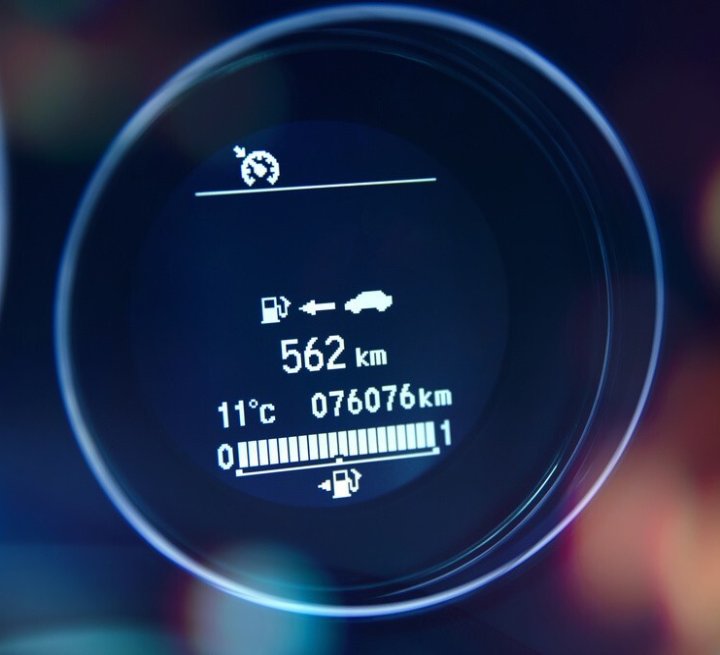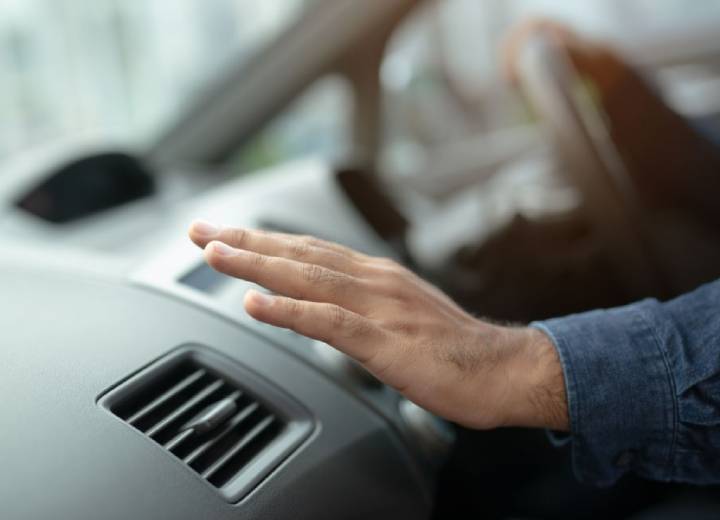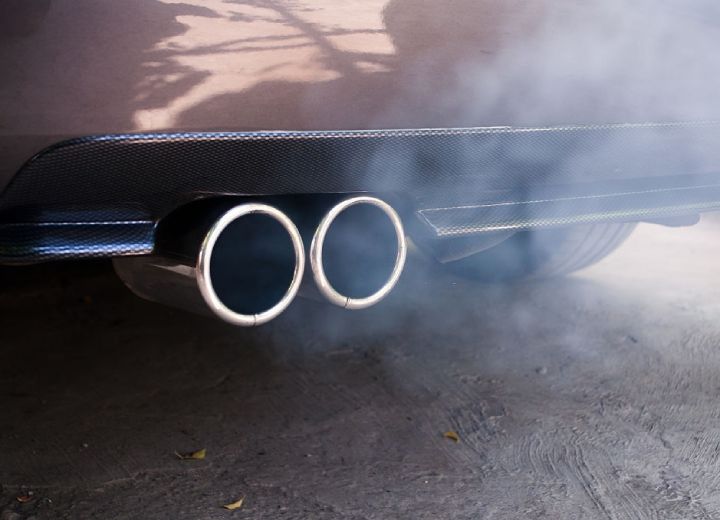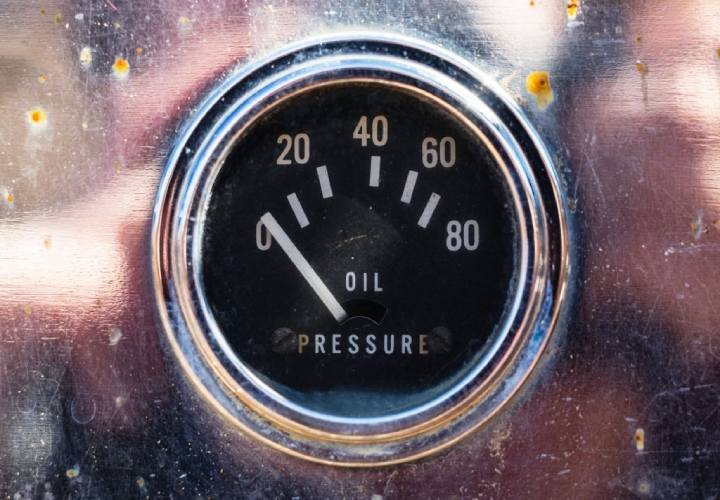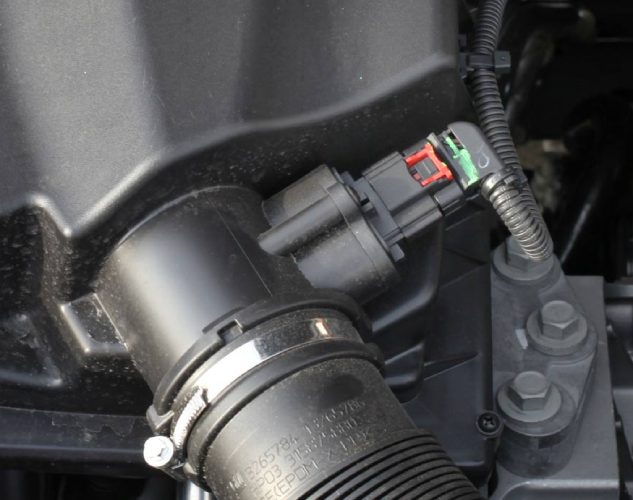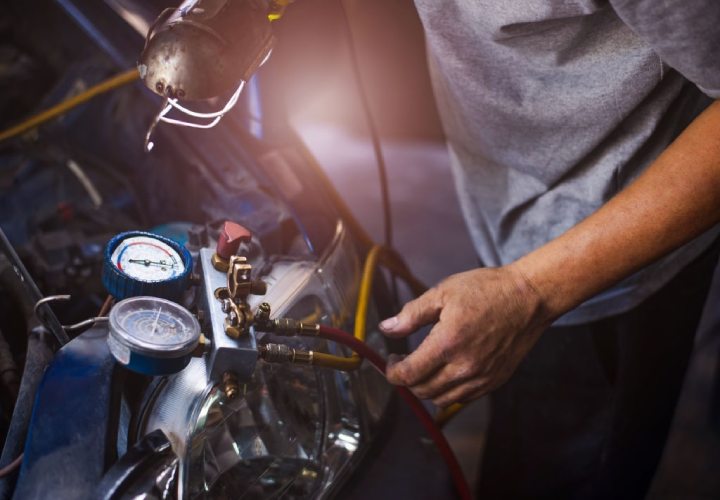Have you just bought a new Jeep and wondered what the warranty is and what can void it? Will bigger tires void your Jeep warranty? You are in the right place for the answers you are looking for.
Jeep has a basic 3-year or 36,000-mile warranty, whichever comes first. But the powertrain is covered for up to 5 years or 60,000 miles. That powertrain warranty covers the cost of engine or transmission repair. Your Jeep warranty starts the day you first buy the vehicle new and at 1 mileage. That means any mileage already recorded by the odometer when buying it works against your warranty.
Fortunately, you extend your Jeep warranty at an extra fee.
Read on for details about what can and cannot void your Jeep Warranty!
Will Bigger Tires Void My Jeep Warranty?
Not necessarily. The first modification many Jeep owners think of is changing to bigger wheels for offroad use or other reasons. But most may be unaware of the consequences of their actions. Changing the Jeep tires to bigger ones will not void your Jeep warranty if done professionally and does not affect or damage other parts of the vehicle.
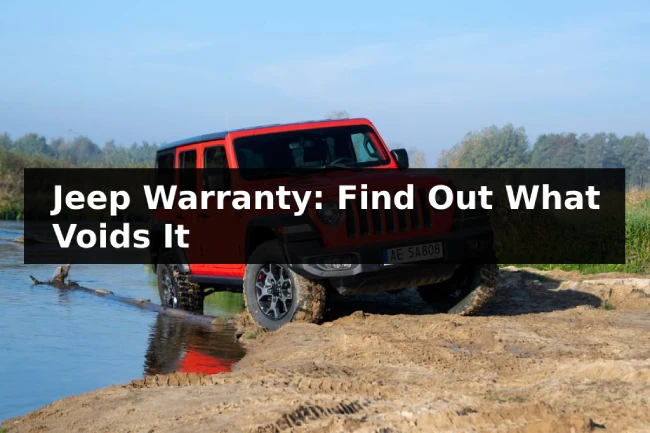
According to the Magnuson-Moss Warranty Act of 1975, you can modify your car without voiding the warranty. But as mentioned, any change you make on your vehicle, such as fitting bigger wheels, should be done appropriately by a professional mechanic.
You risk voiding your Jeep warranty if you fit bigger tires or hire an unprofessional mechanic to save a few bucks. Instead, be ready to get the services of a qualified and trusted mechanic, even if it means spending more. You should also keep all receipts just in case they will be needed later.
Will A Lift Kit Void My Jeep Warranty?
Adding a lift kit will not necessarily void your Jeep warranty. But if the installation damages your car, the dealer may decline to fix it. The automaker can refuse your warranty claim if that happens. That is why you should only install a lift kit on your Jeep after the warranty period. But what if you badly need it?
Lift and level kits give vehicles better clearance and create room to install bigger tires. These are the reasons most people install them. Fortunately, the manufacturer has a list of lift and level kits that will not void your warranty. These may be more expensive because they come at the dealer’s premium price. It will be like paying for extended warranty coverage for your Jeep, which is better than installing parts that void your warranty.
Also, remember to install the lift kit at the approved dealer and keep all your receipts. Doing it yourself or hiring an unreputable mechanic may void your warranty.
Will A Cold Air Intake Void My Jeep Warranty?
Installing a cold air intake on your Jeep will not void its warranty if it does not affect other parts. However, your warranty will not cover any issues it faces since aftermarket parts are not included in the Jeep warranty. Legally, no vehicle manufacturer can void the warranty on the vehicle because of an aftermarket part unless they can prove that it caused the failure of other components.
The only way an aftermarket cold air intake can void your jeep warranty is when it causes the failure of other components. Manufacturers are allowed by law to refuse to cover the repair cost. That means you will fix any problem resulting from it by paying from your own pocket.
What Voids A Jeep Warranty?
Your Jeep warranty can be voided by the following:
- Off-road driving
- Poor car maintenance leads to issues
- Using improper fluids in your car
- Damage caused by aftermarket mods
Generally, any parts on your Jeep that you don’t modify are always covered by your Jeep warranty. The Magnuson-Moss Warranty Act prevents auto manufacturers from voiding vehicle warranties unless they provide proof that the aftermarket part causes the parts in question to fail. Most automakers do not offer a warranty on customized parts. So, if you don’t want to address any warranty concerns, avoid aftermarket parts before your Jeep warranty expires.
Unprofessional installation of aftermarket parts most commonly voids Jeep’s warranty. But the manufacturer can also refuse to cover the repair cost for the reasons listed. Let’s get into the details of each.
Off-Road Driving
Off-road driving puts much stress on the suspension. That’s because of the unevenness of the road surfaces. The holes and debris on the road may damage components that the manufacturer will not cover under their standard warranty if they discover the cause.
It may be challenging for the manufacturer to know if you have been using your vehicle off the road. That means you have a chance to get away with it. But if you are honest, you should say if you have been driving off the road and cover the repair cost yourself.
Related content: 5 Toyota Highlander Off-Road Mods You Should Have (With Pictures)
Poor Car Maintenance Leading to Issues
Your Jeep has service intervals. You should change the engine oil, filters, brake pads, and other components. Failing to schedule vehicle maintenance on time can trigger faults and malfunctions that won’t be covered by your Jeep warranty.
Regular maintenance is the only way to keep your Jeep in mint condition. You don’t want to skip even a date on your calendar if you are to keep the warranty. A poorly-maintained automobile has inherent component failures that the manufacturer will not cover.
Additionally, don’t use inappropriate fluids or cheap aftermarket parts during vehicle maintenance. It may take you a few more bucks to buy the right parts, but it will save you from future problems when you need to claim your warranty. If possible, take your Jeep to an authorized dealer for maintenance on time to stay on the safer side.
Related content: Can You Trust a Dealership Mechanic?
Using Improper Fluids in Your Car
Every vehicle manufacturer recommends an appropriate engine oil and transmission fluid. Some automakers may also specify the correct fluid for brakes and steering. That means you should only replace the original fluids with the recommended ones during maintenance.
Using the wrong fluids may cause the parts to fail prematurely due to friction and overheating and will definitely void your Jeep warranty. The manufacturer will not cover the repair cost of the engine or transmission failure resulting from using the wrong fluid.
While changing the coolant, engine oil, or transmission fluid will not void your Jeep warranty, using inappropriate fluid does. Always take your vehicle to an authorized dealer or source the products from a reputable supplier.
Damage Caused by Aftermarket Mods
Many car owners improve their vehicle’s performance and handling by installing aftermarket parts. While that does not necessarily void the warranty, it can give the manufacturer or dealer a reason to refuse to cover the repair cost.
Your Jeep warranty only covers the problems caused by failure of the original parts or manufacturer’s error. That implies any damage from improper installation of aftermarket parts or modifications is not covered. The dealer has the right not to repair the vehicle under warranty if the issue can be traced to the aftermarket market.
Overloading
Every automobile has a loading capacity, which applies to anything attached to your car. Overloading your Jeep puts more strain on the parts, especially the transmission system, if you are hauling heavy items.
The manufacturer will refuse to repair any failed parts due to overloading. Once again, you can get away with it since it is challenging to determine the cause of the problems due to overloading or towing.
Related content: What Is the Back of a Truck Called? Here’s The Answer
Natural Disasters
Your Jeep warranty does not cover damages caused by natural disasters such as floods, fires, earthquakes, or riots. Your insurer should come in for compensation but not the automaker. That is why you should ensure your insurance is up to date for any eventualities.
You won’t receive any repairs from Jeep for damages caused by the following:
- Chemicals
- Acid rain
- Road hazards
- Hailstorms
- Salt
- Floods
- Earthquakes
- Tornados
- Lightning
- Tree sap
- Sandstorms, etc.
Related content: What To Do If You Left Sunroof Open In The Rain
Magnuson-Moss Warranty Act at A Glance
The Magnuson-Moss Warranty Act was established in 1975 by the Federal Trade Commission. This legislation ensures that the automaker does not void your warranty when you install aftermarket parts or do any upgrades.
For instance, upgrading your suspension will not make the dealership void your warranty on the engine, electronics, cooling systems, and other components. All these systems and parts remain covered by the automaker’s warranty unless the aftermarket parts cause them to fail. That is the only condition that can make the dealership decline your warranty claim.
This law prevents automakers from voiding their warranty because of aftermarket parts or modifications you make on your car. You can file a complaint with the Federal Trade Commission if you believe a dealership denies your new vehicle warranty claim. Thanks to the Magnuson-Moss Warranty Act of 1975.
In Summary
I hope that now you have a better understanding of the things that might invalidate your Jeep warranty. It is important to be aware, as there have been situations where the car owner had to pay out of his own pocket for repairs that would have been normally covered by the manufacturer’s warranty.
Whenever you decide to go for car modifications, always check with the manufacturer that your vehicle will still be covered. Servicing the car on your driveway is also a popular reason that will void your car’s warranty.
Brian is an auto technician who writes DIY repair articles and creates how-to videos for MechanicAsk. He focuses on common repairs like brakes, oil changes, and lighting. Brian draws on his 5 years of dealership experience to explain repairs in an easy-to-follow manner, even for novice do-it-yourselfers. His technical articles always include detailed tool lists, supply checklists, and visual guides.

